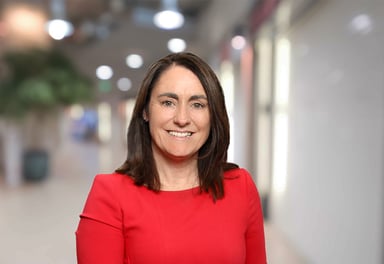VAT treatment of social media influencers
Revenue has released a guidance note regarding VAT for social media influencers. This guideline focuses on the VAT treatment of income earned by content creators through promotional activities on social media.
Influencers are not classified any differently to other businesses. Once registered for VAT, influencers must apply a standard VAT rate of 23% to their services, including advertising and promotional content.
Revenue-generating activities subject to VAT include:
• Sponsored content
• Affiliate marketing
• Subscription-based content
• Merchandise sales
• Product promotions
• Sponsored content
• Affiliate marketing
• Subscription-based content
• Merchandise sales
• Product promotions
Standard VAT Rules Apply: The general VAT framework applies to influencers, as with any other business. If your turnover exceeds the standard VAT registration threshold (€42,500 in the case of persons supplying services) you must register. Voluntary registration is possible if you're below the threshold.
Barter Transactions Are Taxable: Non-monetary payments, including free products or services received in exchange for posts or promotion are considered taxable supplies and must be valued at market rate for VAT purposes.
For example, an influencer receiving a free hotel and spa stay in exchange for promotional posts is now liable to pay VAT based on what it would generally cost. However, an influencer who receives unsolicited gifts/free services with no obligation to review or promote the items does not generally have to pay VAT.
Once registered, influencers must:
• Maintain VAT records and issue invoices for all taxable transactions
• Use self-billing arrangements only where agreed with platforms and under strict conditions
• Account for VAT correctly depending on the type of service and where the customer is based.
• Maintain VAT records and issue invoices for all taxable transactions
• Use self-billing arrangements only where agreed with platforms and under strict conditions
• Account for VAT correctly depending on the type of service and where the customer is based.
VAT treatment will depend on whether the customer is a business or a consumer. The One Stop Shop (OSS) scheme may be required for EU B2C digital services.
Finally, VAT recovery is allowed on eligible business expenses, but personal costs such as food or entertainment typically cannot be reclaimed.
Finally, VAT recovery is allowed on eligible business expenses, but personal costs such as food or entertainment typically cannot be reclaimed.
Whether you're a full-time content creator or part-time brand partner, this guidance confirms that influencers are treated like any other taxable business under Irish VAT law.
Full Guidance Available Here:
VAT treatment of Social Media Influencers
VAT treatment of Social Media Influencers

